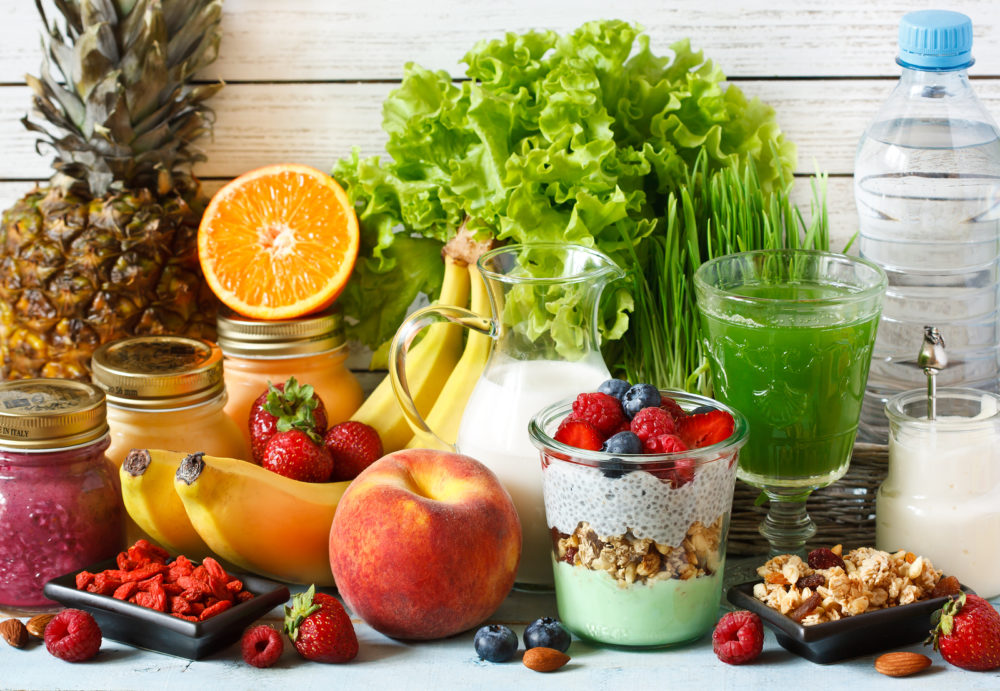By ingesting the right immune “boosters” you’re increasing your ability to help battle germs. Studies have linked a number of foods and nutrients to strengthening the immune system. Here are the top 8 nutrients and foods to add to your nutrition to cut down on days missed from work:
1. Vitamin C: Vitamin C increases the production of infection-fighting white blood cells and antibodies. Deficiencies have been shown to increase blood pressure. Around 200 milligrams a day can be obtained by eating six servings of citrus fruits and vegetables a day; broccoli is another good choice.
2.Vitamin E: This antioxidant stimulates immune cells that produce antibodies that destroy bacteria. You need 100-400 milligrams per day and can get these from a diet rich in nuts, vegetable oils and whole grains.
3. Carotenoids: These nutrients increase the number of white cells and serve as a powerful antioxidant. Carotenoids can be found in vegetables that are orange in color such as carrots and yams.
4. Bioflavenoids: Bioflavenoids protect cells from environmental pollutants and reduce cholesterol’s ability to form plaque that can lead to heart attack and stroke. A diet that contains a wide variety of fruits and vegetables will help keep your immune system in top form.
5. Zinc: This valuable mineral increases the production of white blood cells against infection. It’s safest to get your zinc intake from diet only. Sources include beef, turkey, beans, oysters and crab.
6. Garlic: Garlic stimulates infection-fighting white cells, acts as an antioxidant, and keeps platelets from sticking together and clogging tiny blood vessels. Odorless, tasteless garlic supplements are an option.
7. Selenium: This mineral mobilizes cancer-fighting cells. One Brazil nut provides an entire day’s recommended intake of selenium. Other sources with limited amounts include tuna, red snapper, lobster, shrimp, whole grains, brown rice, egg yolks, cottage cheese, chicken-white meat, sunflower seeds, garlic and lamb chops.
8. Omega-3 fatty acids: Omega-3 fatty acids, found in flax oil and fatty fish, such as salmon, tuna and mackerel, help minimize inflammation, which is commonly associated with infection.
Dietitian recommend getting as many vitamins and minerals as possible through food, rather than supplements because the body absorbs nutrients from food more effectively. Before taking any supplements make sure to talk with your health care provider about what kinds and amounts are appropriate for you.
In addition to what you eat, there are certain lifestyle changes that can boost your immune system, including:
- Wash hands often with soap and warm water
- Cook meats thoroughly
- Get at least eight hours of sleep
- Maintain a healthy weight
- Exercise at least 30-60 minutes a day, both cardiovascular and weights
- Reduce processed, refined sugars
- Do not smoke
- Manage stress levels
- Get recommended vaccines
This information is intended for general knowledge and is not a substitute for professional medical advice or treatment.
For more information contact Karla Luna RD, LD, a clinical dietitian supervisor at Baylor Scott & White Medical Center – Round Rock. For more information, call 512.509.9006.







Recent Comments